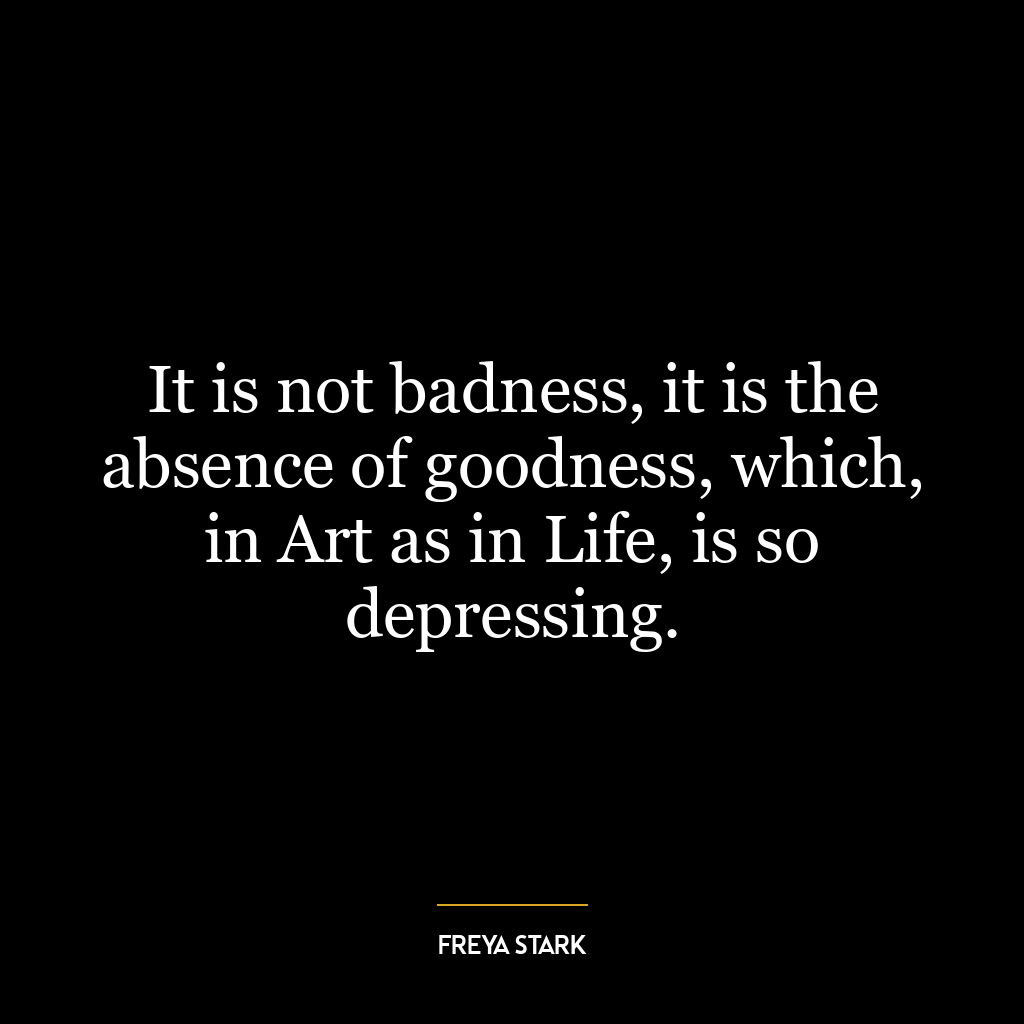What is bad? All that proceeds from weakness
“What is bad? All that proceeds from weakness” is a quote that encapsulates a core principle of Nietzsche’s philosophy, which is the idea that weakness, in any form, is a negative characteristic that leads to unfavorable outcomes. This belief can be interpreted in a variety of ways, but its primary focus is on the concept of personal strength and resilience.
At its most fundamental level, Nietzsche’s quote suggests that anything that arises from a state of weakness is inherently ‘bad’ or negative. This weakness can be physical, mental, emotional, or moral. For instance, actions born out of fear, insecurity, or dependency are considered ‘weak’ because they lack the courage, confidence, or independence that Nietzsche values. These actions, according to Nietzsche, lead to negative consequences or ‘bad’ outcomes because they prevent individuals from reaching their full potential.
In the context of personal development, this quote could be seen as a call to cultivate strength and resilience. It encourages people to confront their fears, insecurities, and dependencies, and to strive for self-reliance and personal growth. It promotes the idea that personal strength, in all its forms, is a virtue that leads to positive outcomes, while weakness is a vice that leads to negative ones.
In today’s world, this idea could be applied in various ways. For instance, in the realm of politics, a leader who makes decisions out of fear or insecurity, rather than strength and conviction, could be seen as ‘weak’ and their decisions as ‘bad’. Similarly, in the realm of business, a company that relies too heavily on others, rather than being self-reliant, could be seen as ‘weak’ and its actions as ‘bad’.
However, it’s crucial to note that Nietzsche’s philosophy also warns against the dangers of excessive strength or power, which can lead to arrogance, tyranny, and a disregard for others. So, while this quote encourages the cultivation of personal strength, it also implicitly cautions against its misuse.
Overall, Nietzsche’s quote serves as a reminder of the importance of personal strength and resilience, and the dangers of weakness, in both personal development and societal affairs. It encourages individuals to strive for strength and independence, but also to use their strength wisely and responsibly.















